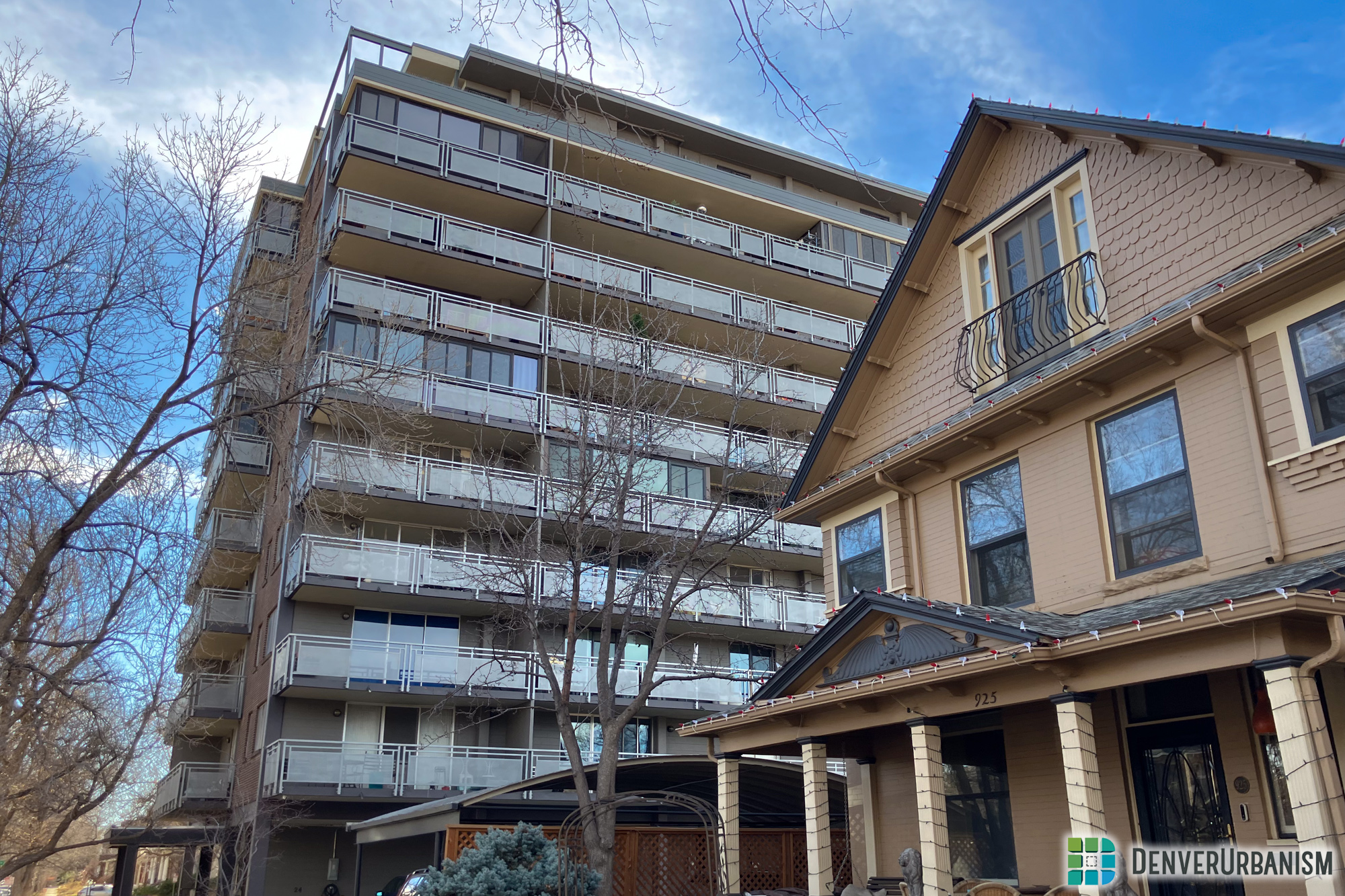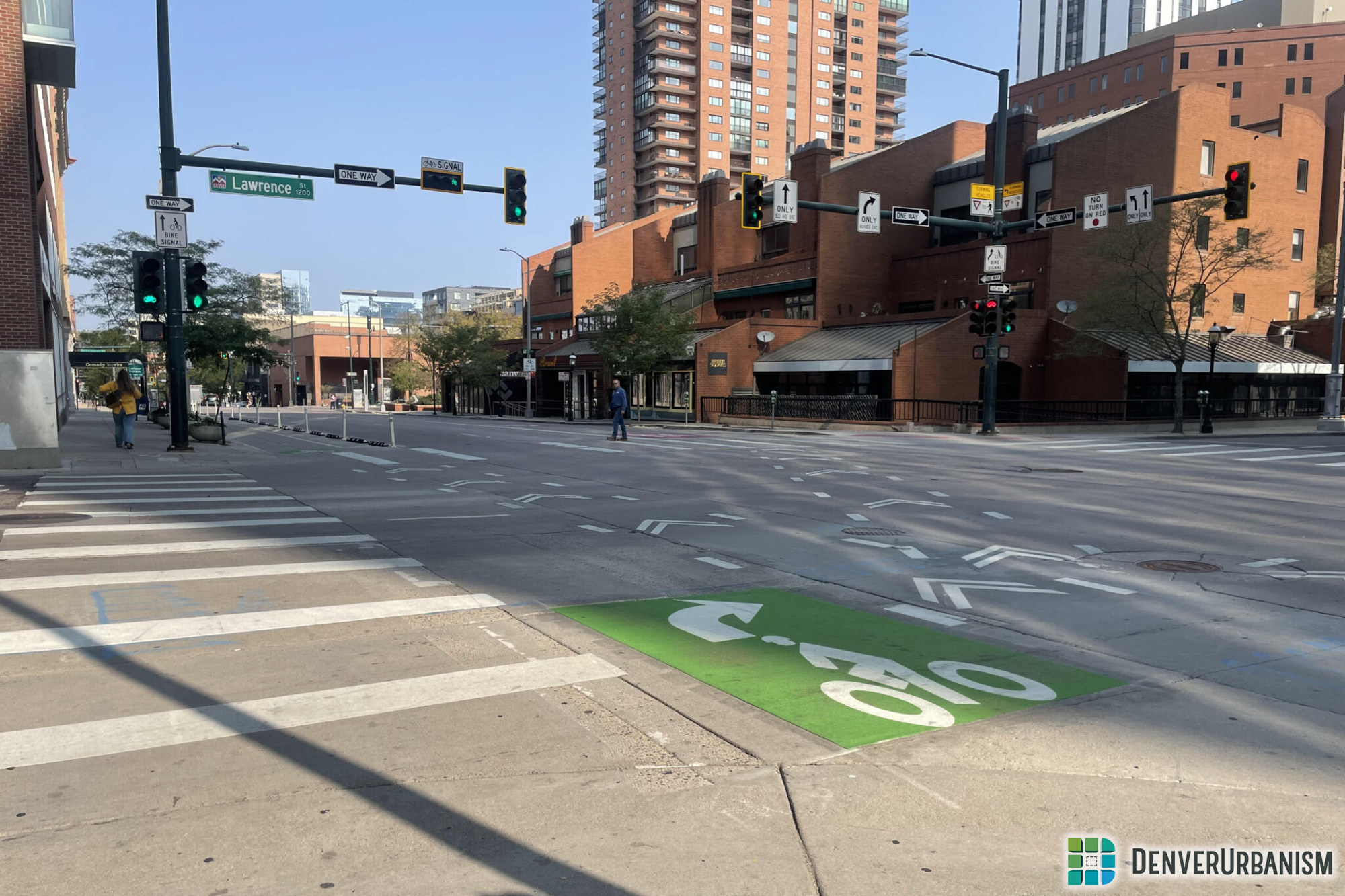There are too many lives lost and persons injured on Denver’s streets. Since 2017, Denver has pledged to be a Vision Zero city; we plan and design our streets with the goal of zero deaths and serious injuries on our streets by 2030. Yet, the number of people dying from preventable traffic crashes in Denver was higher in 2023 than it was in 2017. We have a long way to go in the city to meet our goals, to protect people, property, and the opportunity lost by the current configuration of our streets. Even those who aren’t killed in a traffic crash suffer greatly from medical expenses, car repair/replacement, missed work, missed opportunities to spend time with family and friends, and permanent or temporary disability due to injuries. Yet the problem can be summed up simply: we have too many vehicles that are too big and tall driving too fast on streets that were built too wide. For the latest episode in this series of Vision Zero episodes of DenverUrbanism, we talk to Jill Locantore, Executive Director of the Denver Streets Partnership, about what Vision Zero has looked like in Denver so far, what the city is able to control or influence, and what remains to be accomplished.
Denver, the economic and cultural heart of our region, has a safety problem on our streets. However, if we think we have it bad, it’s hard to imagine how intense the challenge is in our suburban communities. Most of our suburban neighbors have drastically smaller budgets for road repair, capital projects, and multimodal infrastructure. It might have been a developer who built most of their streets, and until now, all the town had ever spent money on was repair and updating that network. Retrofitting suburban streets so that they prioritize the safety of the transportation system over the fastest movement of people and goods will require money, expertise, and dedicated engineers. It’s not just one massive project in each jurisdiction—it’s a new culture of safety we need to instill at every level of government and society, a quiet revolution happening on our streets. For our first episode on this two-part series on Vision Zero, we spoke to Emily Kleinfelter, Transportation Planner with the City of Littleton. We dive deep into the philosophy of Vision Zero, as well as the nuts and bolts of how money and plans get made and implemented in the region.















Episode #8 striking at the very dilemma of urbanism: are built environments designed as a means to change human behavior or respond to people’s needs? Streets may be engineered for slower car speeds to change behavior but also need to accommodate first responder equipment. I’ve had conversations with my father about reducing fire truck sizes. One point he made was the efficiency for having the most equipment available with fewest vehicles and personnel. Apply that same mentality to the average family and we get continued escalation of vehicle sizes along with the power needed to move them. Indeed, spend any time around a cluster of mommies and you’ll be exposed to the “preparedness one-up-manship” of bags, containers, mega-strollers, covered wagons, and accessories. All that cargo needs a larger delivery system like a SUV.
It’s also interesting that bicycles too are getting bigger and faster. E-bikes are now easily moving as fast as cars on neighborhood streets. The previously cavalier approach a cyclist may have had to traffic rules such as rolling through stops or riding against traffic is not as dismissible with newer bikes. Cargo bikes are akin to SUVs, larger is cooler and justifiable. Maybe there is a correlation between machines overcoming our physical load bearing ability and our desire to own more equipment.
I believe one of our biggest challenges in addressing urban issues is accepting that we have Denver residents who live a Colorado lifestyle. All the activities that draw us away from home: hiking, biking, camping, fishing, etc. are the reason people use bigger and faster vehicles. Bigger for moving equipment, faster for getting there before everyone else.